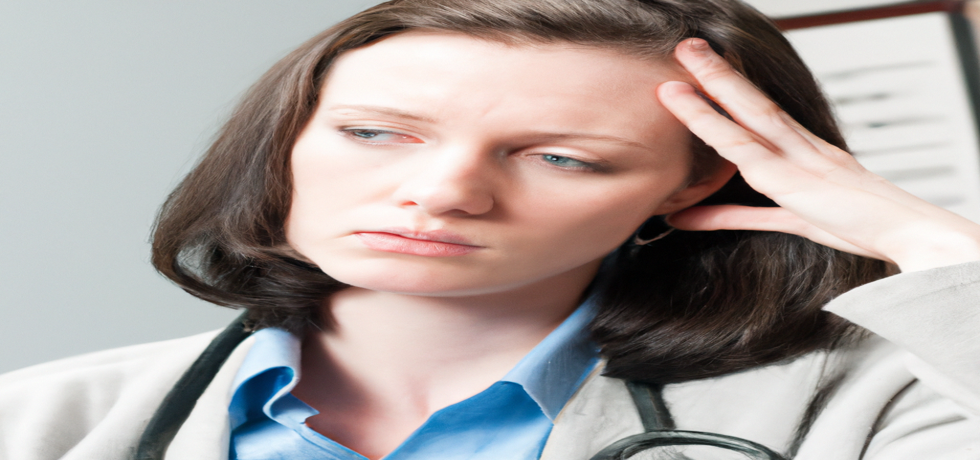
When to Consult a Doctor for Bee Sting Allergy
Understanding Bee Sting Allergies
Bee stings are a common occurrence, but for some individuals, the reaction can escalate from a mere inconvenience to a serious health risk. For those with a bee sting allergy, knowing when to consult a doctor is crucial. Typically, a bee sting may cause minor symptoms like localized pain and swelling, yet for allergy sufferers, it can lead to significant issues requiring prompt medical attention. This blog aims to guide you through recognizing symptoms and when it’s necessary to seek professional help.
Recognizing Symptoms of a Bee Sting Allergy
Most folks experience minor symptoms after a bee sting that are easily manageable with home remedies. These may include immediate pain at the sting site, a red blister, and mild swelling. However, if your symptoms extend beyond thissuch as developing hives, abdominal cramping, or experiencing dizzinessit indicates a more serious response. For individuals who have had previous allergic reactions, it’s vital to stay vigilant, as subsequent stings may provoke stronger reactions, reinforcing the need for a consultation.
When to Seek Medical Advice
If youve been stung by a bee and you’re experiencing symptoms that dont improve after a couple of days, it’s important to consult a healthcare professional. Seeking medical attention is also prudent if you have observed other allergic reactions following a bee sting. Remember, chronic concerns like persistent itching, swelling, or rash at the site can be indicative of underlying issues. Dont hesitate to contact your doctor; being proactive can prevent the development of serious conditions.
Emergency Signs to Watch For
In some cases, bee sting allergies can lead to life-threatening reactions, known as anaphylaxis. Immediate medical help is necessary if you or someone near you experiences symptoms such as difficulty breathing, rapid swelling of the throat, or a drop in blood pressure leading to faintness. In emergencies like these, every second counts, so it’s crucial to seek medical assistance swiftly. Carrying an epinephrine auto-injector can be life-saving for those at risk.
Preventing Allergic Reactions
Prevention is always better than cure. If you know youre prone to bee sting allergies, consulting with a specialist at The Skin Artistry can be invaluable. A thorough assessment may be conducted to establish triggers, along with guidance on preventive measures. Treatments such as venom immunotherapy can also be discussed, which significantly reduce your body’s reaction to future stings.
Conclusion: Take Charge of Your Health
Understanding when to consult a doctor for bee sting allergies is critical in managing your health. Be aware of your surroundings, educate yourself about the symptoms, and don’t hesitate to seek professional help when needed. If you suspect you have a bee sting allergy, the expertise available at The Skin Artistry can greatly assist you in navigating through these health concerns safely. With the right knowledge and support, you can enjoy the outdoors with confidence.
FAQs
1. What should I do immediately after a bee sting?
Remove the sting, clean the area, and apply a cold compress.
2. How can I know if I have a bee sting allergy?
If you experience severe symptoms after a sting, consult a specialist for testing.
For professional assistance and expert advice from leading dermatologists like Dr. Hital Patel, experience the benefits of when to consult a doctor for bee sting allergy with Hair & Skin Specialist Dr. Hital Patel at The Skin Artistry. Our clinics in PDPU Gandhinagar, Vastrapur Ahmedabad, and Hyderabad (Visiting Consultant) offer top-quality care and personalized treatments. Visit us today to learn more about our services and take advantage of our special offers! For more insights, updates, or to collaborate, stay connected with The Skin Artistry.

